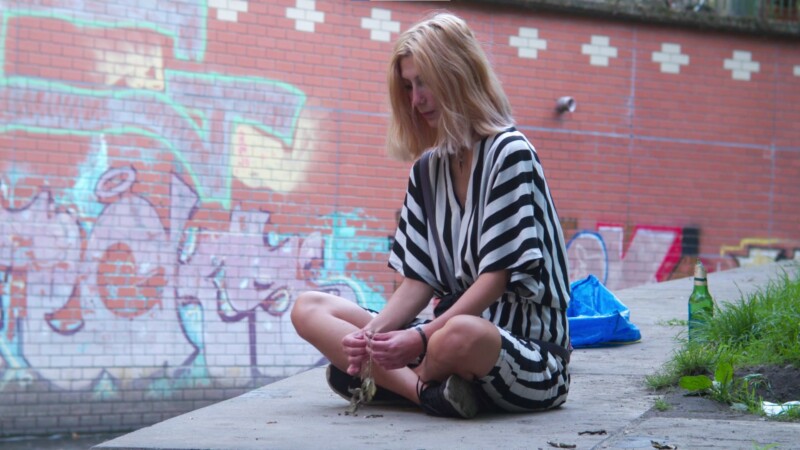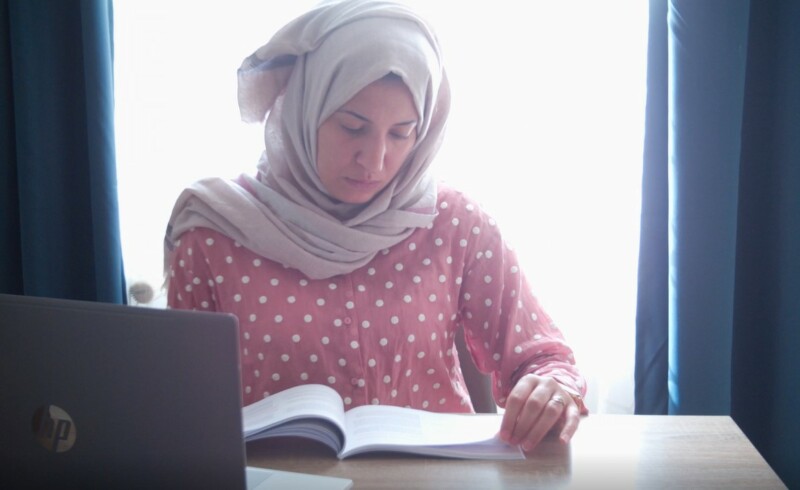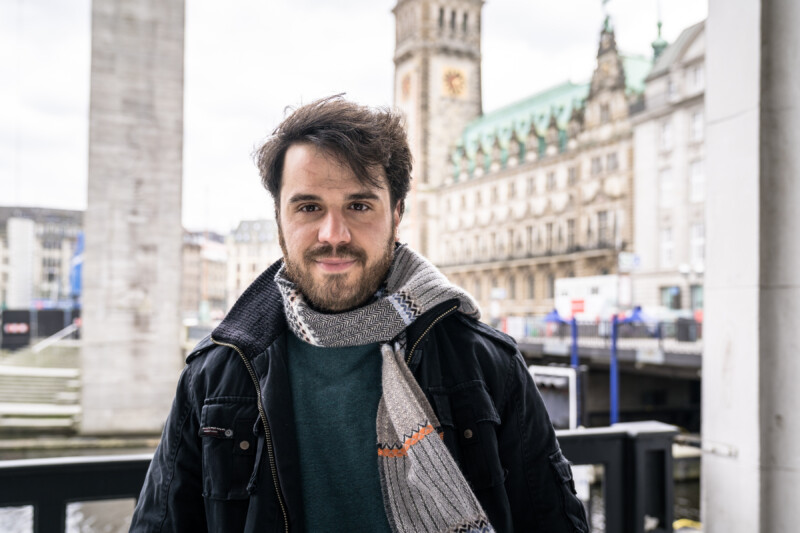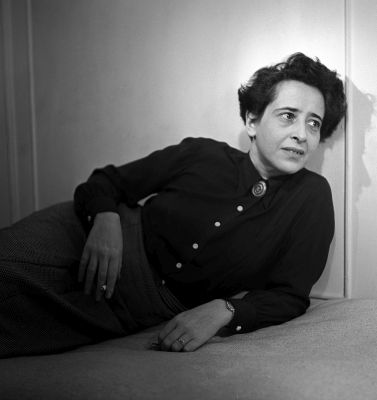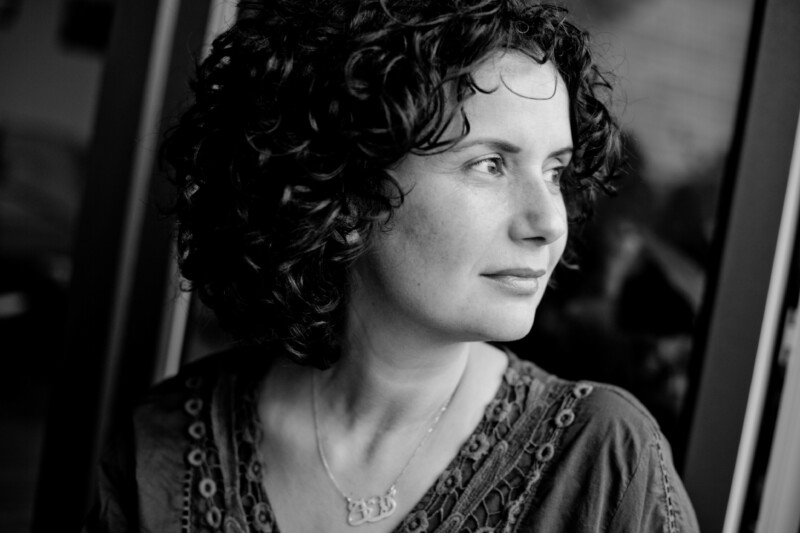
Wortdefinition des Wortes Flüchtling
In der arabischen Sprache lautet die Definition des Wortes Flüchtling: eine Person, die aus ihrem Land in ein anderes Land flieht, um politischer Verfolgung, Ungerechtigkeit oder Hungersnot zu entkommen. Der Hohe Flüchtlingskommissar der Vereinten Nationen definiert den Flüchtling so: Eine Person, die sich außerhalb des Landes ihrer Staatsangehörigkeit oder ihres gewöhnlichen Aufenthaltslandes befindet. Und das aufgrund einer berechtigten Angst, dass man ihn wegen Rassismus, Religion, Nationalismus, Zugehörigkeit zu einer bestimmten sozialen Gruppe oder politischer Meinung verfolgt. Und aufgrund dieser Angst nicht bleiben kann oder will.
Stereotypen
Zwischen dieser theoretischen und realistischen Definition finde ich mich mit vielen Namen und seltsamen Fragen zu Aussehen und Stereotypen belagert. Von denen weiß ich nicht, woher sie stammen, sie waren mir vorher auch nicht bewusst. Ihre Präsenz in einem offenen Land in vielen Kulturen und Nationalitäten, wie Deutschland, überrascht mich.
In der Tat verzerren andere Bedeutungen die Bedeutung völlig. Manchmal ist die zeitgenössische Definition nicht ohne Rassismus und Ablehnung und manchmal mit Akzeptanz und Mitgefühl. Die bloße Erwähnung dieses Wortes kann die Fähigkeiten und Erfahrungen der Person, die unter diesem Namen und dieser Klassifizierung stehen muss, verringern.
Die Rolle als Flüchtling
Hier stehe ich als Flüchtling auf der Bühne, einem Theater, in dem jeder Flüchtling seine Rolle in seinem Leben, in diesem Leben spielt. Er versucht sich als Flüchtling darzustellen. Diesmal jedoch in der Öffentlichkeit, um zu beweisen, dass ich ein Flüchtling im wahrsten Sinne des Wortes bin. Aber diese Scharade muss für jede Person, die ich zum ersten Mal sehe, immer wieder wiederholt werden. Ich muss meinen Lebenslauf auflisten, damit ich nicht alles Erreichte durch den Titel „Flüchtling“ auslösche.
Asyl
Mit weiteren Schlucken einer Tasse Kaffee und vielen Ideen im Zusammenhang mit dem Wort Asyl im Kopf, seufzte ich vor Bedauern. Äh … ich muss in diesem schönen neuen Land von vorne anfangen, um viel zurück zu gehen. Dabei habe ich mich sehr bemüht, dem Krieg und seinem Fluch zu entkommen. Ich habe mich dem widersetzt, was in meinem Land vor sich geht, um nicht zu diesem Punkt zurückzukehren, aber ich bin zurückgekehrt … !!
Ein Flüchtling.
Ein Flüchtling, ein Flüchtling…….
Eine typische Frage
Eines Tages fragten sie mich: „Kennst du Schokolade?“ oder „Hast du Kühlschränke in deinem Land?“ Wir werden nicht über das Ausmaß ihrer Intelligenz sprechen. Das sind einige von vielen typischen Fragen, die gestellt werden und die fallen, wenn man in der Rolle eines Flüchtlings ist.
Hier ist der letzte Schluck Kaffee. Ich habe mit mir selbst gesprochen: „Finish your cup and go to work, and you’re going to be on your own on your way to your future.“ Flüchtling ist nur ein Wort, das manche mit negativen und positiven Gefühlen wiederholen. Politiker, die unsere Sache unterstützen, diskutieren es. Und die Gegner in internationalen Parlamenten belegen es für sich.
Die eigentliche Wirkung und ihr wahrer Sinn bleiben die lebenslange Reise eines jeden Flüchtlings.
Flüchtlinge als Zahlen
Sie versuchen, das Gegenteil von dem zu beweisen, was man sagt. Ich sehe, dass wir Zahlen geworden sind. Diejenigen, die noch von uns leben, schwören sich in Gruppen ein. Und jedes europäische oder arabische Land hat eine bestimmte Nummer.
Man behandelt uns als Zahlen. Und das obwohl sich der syrische Flüchtling in alle Gesellschaften, in die er gekommen ist, auf allen Ebenen kulturell, intellektuell und beruflich mit Rekordgeschwindigkeit integrieren konnte. So konnte er seinen Wert beweisen, obwohl er nur einige Monate oder einige Jahre in diesen Gesellschaften präsent war. Das wiederum deutet darauf hin, dass der Syrer zu einer alten Zivilisation gehört, die sich über Tausende von Jahren erstreckt. Er hat das erste Alphabet der Geschichte (das Ugarit-Alphabet) erfunden, die Hauptstadt der syrischen Küste. Er verbreitete Wissenschaft und Wissen und edle menschliche Werte.
Ausblick
Wo immer wir uns befinden, müssen wir uns jetzt nachhaltig und kontinuierlich kulturell, erkenntnistheoretisch, wissenschaftlich und technologisch weiterentwickeln. So können wir kreativ und aktiv an der Entwicklung dieses oder jenes Landes und seines Wohlstands beteiligt sein. Damit kann der Syrer über Jahrhunderte und Jahre hinweg aktiv und einflussreich bleiben.
Word definition of the word refugee
In the Arabic language, the word refugee is defined as a person who flees from his country to another country to escape political persecution, injustice, or famine. The United Nations High Commissioner for Refugees defines a refugee as: a person who is outside the country of his or her citizenship or habitual residence. And this because of a justified fear of being persecuted due to racism, religion, nationalism, membership of a particular social group or political opinion which prevents him/her from staying.
Stereotypes
Between this theoretical and realistic definition, I find myself besieged by many names and strange questions about appearance and stereotypes. I don’t know where they come from, and I was not aware of them before. Their presence in an open country, like Germany, with many cultures and nationalities, surprises me.
In fact, meanings completely contradict each other. Sometimes the contemporary definition is not without racism and rejection and sometimes it comes with acceptance and compassion. The mere mention of this word can reduce the skills and experience of the person who has to stand under this name and classification.
The role of the refugee
Here I stand on stage as a refugee, a theater in which every refugee plays his role in life, in this life. He tries to portray himself
a refugee. But this time in public, to prove that I am a refugee in the true sense of the word. But this charade must be repeated again and again for each person I meet for the first time. I have to list my curriculum vitae so that by the title ‘refugee’ I do not erase everything I have achieved.
Asylum
With further sips of a cup of coffee and many ideas related to the word asylum in my head, I sighed with regret. Uh … I have to start over in this beautiful new country to go back a lot. I have tried very hard to escape the war and its curse. I resisted what was going on in my country not to return to this point, but I have returned…!
A refugee.
A refugee, a refugee…….
A typical question
One day they asked me: “Do you know chocolate?” or “Do you have refrigerators in your country?” We won’t talk about the extent of their intelligence. These are some of the many typical questions that are asked and that come up when you are in the role of a refugee.
Here is the last sip of coffee. I was talking to myself: “Finish your cup and go to work, and you’re going to be on your own on your way to your future.” Refugee is just a word that some repeat with negative and positive feelings. Politicians who support our cause discuss it. And the opponents in international parliaments define it for themselves.
The real impact and its true meaning remains the lifelong journey of each refugee.
Refugees as numbers
They try to prove the opposite of what is said. I see that we have become numbers. Those who still live on us swear themselves into groups. And every European or Arab country has a certain number.
They treat us as numbers. And this despite the fact that the Syrian refugee was able to integrate into all the societies he came to, at all levels, culturally, intellectually and professionally, at record speed. In this way he was able to prove his worth, even though he was only present in these societies for a few months or a few years. This, in turn, indicates that the Syrian belongs to an ancient civilization that stretches back thousands of years. He invented the first alphabet in history (the Ugarit alphabet), the capital of the Syrian coast. He spread science and knowledge and noble human values.
Outlook
Wherever we are, we now need to develop sustainably and continuously in terms of culture, epistemology, science and technology. In this way we can creatively and actively participate in the development of this or that country and its prosperity. In this way the Syrian can remain active and influential for centuries and years to come.
Alaa Muhrez comes from Homs, Syria, where she studied economics. She feld the Syrian war first to Egypt, then, in 2015, to Germany. Now she lives with her husband and children in Berlin.
In her article for kohero magazine, Alaa explores the stereotypical meanings of the word “refugee” in German society and the consequences for refugees living in Germany: “The mere mention of this word can reduce the abilities and experience of the person who has to stand under this name and classification.” According to her, refugees were treated as numbers and worked daily to prove that on the one hand they were real refugees – that is, that they had a right to exist in Germany – and on the other hand, that they were more than just refugees whose identity is far too diverse to be reduced to their experience of flight alone.
Muhrez, Alaa: Flüchtling ist nur ein Wort, first published in: kohero Magazine.
Translation from German into English by Minor Kontor.
